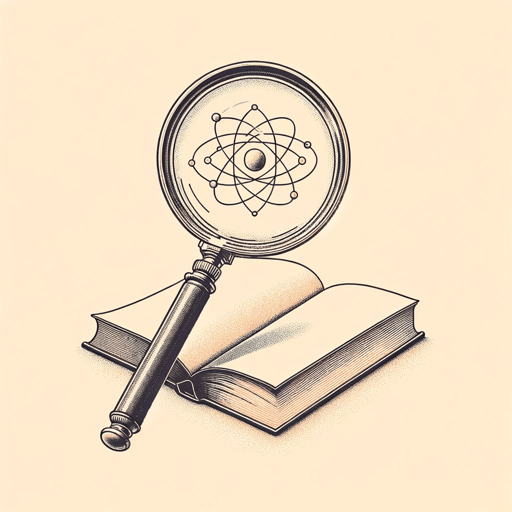63 pages • 2 hours read
Karl PopperThe Logic of Scientific Discovery
Nonfiction | Book | Adult | Published in 1934A modern alternative to SparkNotes and CliffsNotes, SuperSummary offers high-quality Study Guides with detailed chapter summaries and analysis of major themes, characters, and more.
Part 2, Chapter 8-New AppendicesChapter Summaries & Analyses
Part 2: “Some Structural Components of a Theory of Experience”
Part 2, Chapter 8 Summary: “Probability”
In this chapter, Popper addresses the probability of events. Popper admits that his exploration of probability may seem as though it counters his philosophy of falsification. However, he believes that he may use falsification to define probability, create a new set of “foundations for the calculus of probability,” and draw a connection between probability and empirical data (146). Popper argues that physicists use differing definitions of probability that invalidates their scientific field.
The Problem of Interpreting Probability Statements
There are two types of probability statements: numerical probability statements and those that do not utilize numerical probability statements. Popper suggests that numerical probability statements raise questions about how to interpret them and how to determine what they are attempting to establish.
Subjective and Objective Interpretations
Popper rejects a traditional definition of probability that offers the following formula: “the quotient obtained by dividing the number of favourable cases by the number of equally positive cases” (148). He argues that this method is too subjective and ambiguous. The philosopher outlines several definitions of probability and shows how each fail to meet the requirements in his established methodology. He offers a new theory that utilizes objective interpretation called “frequency theory.


